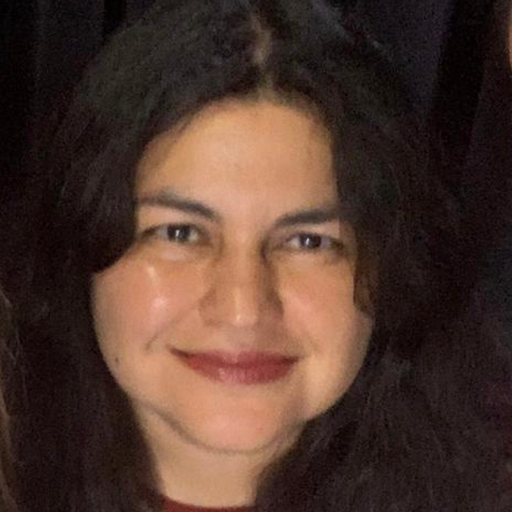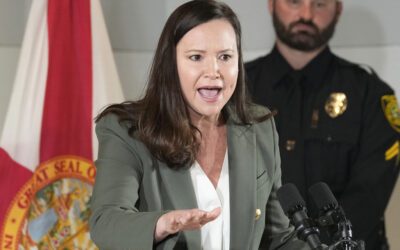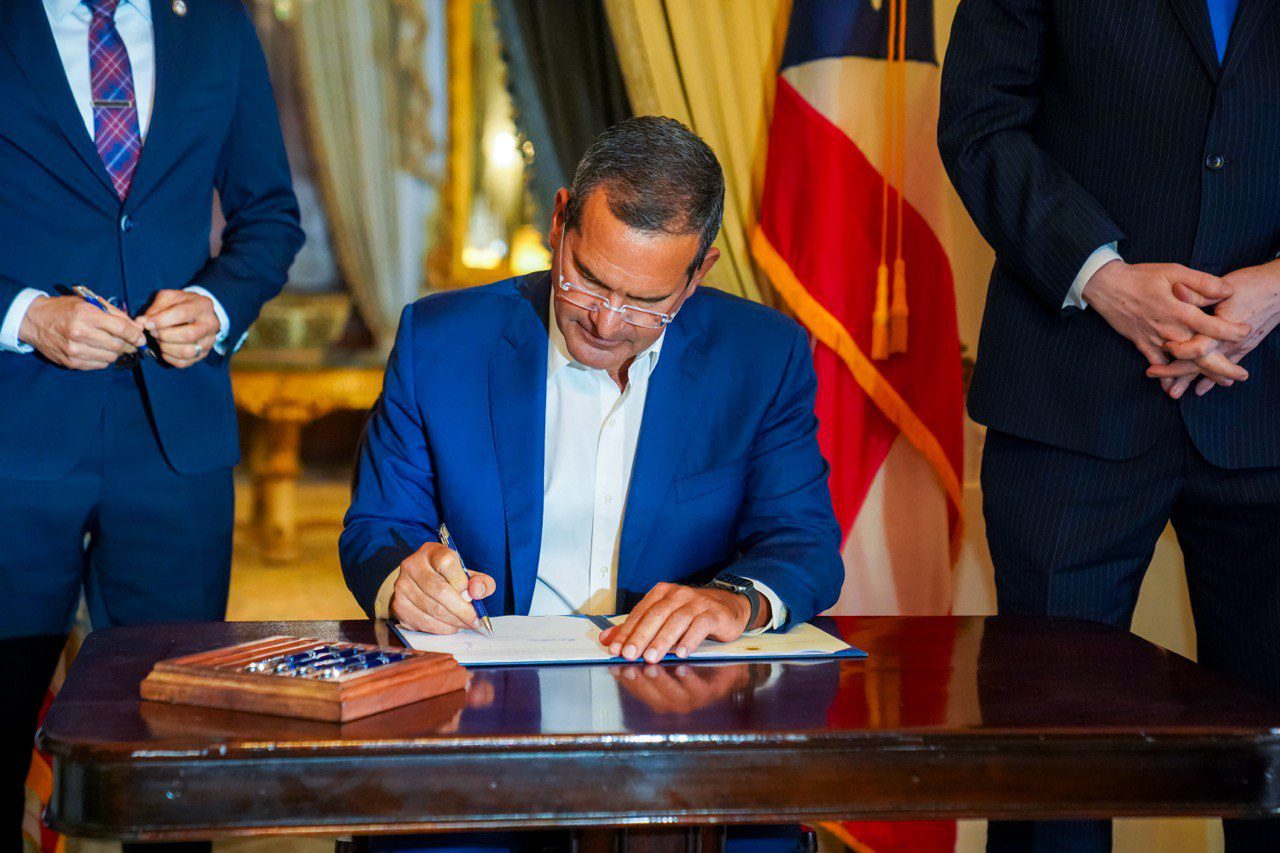
Puerto Rico’s governor, Pedro Pierluisi, on Wednesday signed a law that prohibits discrimination against people wearing Afros, curls, locs, twists, braids and other hairstyles in the racially diverse island. Courtesy of La Fortaleza.
While Puerto Rico’s laws and constitution, along with Title VII of the Civil Rights Act, protect against discrimination, a significant legal precedent was set in 2016.
Last week, Puerto Rico’s governor Pedro Pierluisi signed a law prohibiting discrimination against people based on their hairstyles. This includes Afros, curls, locs, twists, braids, and other natural hairstyles commonly associated with racial and cultural identity.
The new law provides explicit protection for individuals against discrimination in various areas such as work, housing, education, and public services. This move addresses a gap in existing protections and sends a strong message that individuals can maintain their cultural identity while pursuing positions of power and opportunity.
RELATED: Rep. Nydia Velázquez proposes new legislation to enhance training for textured hair care
Here are some important details about this law:
Existing protections:
While Puerto Rico’s laws and constitution, along with Title VII of the Civil Rights Act, protect against discrimination, a significant legal precedent was set in 2016. The US Court of Appeals ruled that an employer’s no-dreadlock policy in Alabama did not violate Title VII, highlighting the need for more explicit protections.
Community advocacy:
Organizations like Taller Salud and community leaders, such as Welmo Romero Joseph, have been advocating for this law to ensure that personal and cultural identities are respected. The law is seen as a victory for future generations, emphasizing that individuals do not need to change their natural appearance to succeed.
During public hearings, some Puerto Ricans shared personal stories of discrimination. Instances included job offers contingent on cutting their hair and school officials demanding students change their hairstyles, which impacted their sense of “identity and pride,” Romero said.
In fact, Romero remembered how a high school principal ordered him to cut his flat top.
“It was a source of pride,” he said of that hairstyle. “I was a 4.0 student. What did that have to do with my hair?”
Puerto Rico’s demographics:
Puerto Rico has a diverse population of 3.2 million people. More than 1.6 million identify as being of two or more races, and nearly 230,000 identify solely as Black, according to the US Census. This diversity underscores the importance of the new law in addressing widespread discrimination faced by Afro-descendant and Black Puerto Ricans.
Comparison with the mainland:
On the mainland, at least two dozen states have approved versions of the CROWN Act, which stands for “Creating a Respectful and Open World for Natural Hair.” These laws aim to ban race-based hair discrimination. However, enforcement and exceptions vary, and not all states have amended their education codes to protect students.
RELATED: Salones de belleza dedicados a rizos y el orgullo por la identidad van en aumento en Puerto Rico
A federal version of the CROWN Act was passed by the US House of Representatives in 2022 but failed in the Senate. Democratic lawmakers reintroduced the legislation in May, aiming to provide consistent protections across the country
Future steps:
While the new law is a significant step forward, Romero emphasizes the need for measures to ensure compliance and enforcement. This includes raising awareness and implementing guidelines to prevent discrimination effectively.
Support Our Cause
Thank you for taking the time to read our work. Before you go, we hope you'll consider supporting our values-driven journalism, which has always strived to make clear what's really at stake for Floridians and our future.
Since day one, our goal here at Floricua has always been to empower people across the state with fact-based news and information. We believe that when people are armed with knowledge about what's happening in their local, state, and federal governments—including who is working on their behalf and who is actively trying to block efforts aimed at improving the daily lives of Florida families—they will be inspired to become civically engaged.

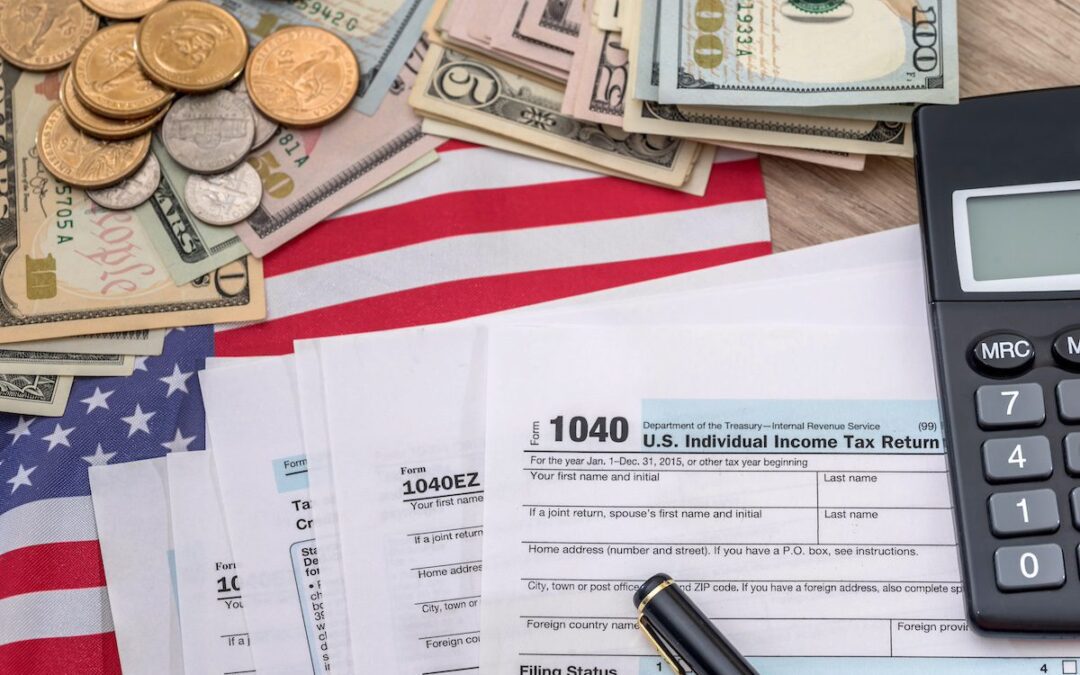
You may qualify to file your taxes for free in Florida—here’s how
An estimated 3.2 million Floridians will be eligible to use the IRS Direct File program to file their taxes this year. Floridians have some good...
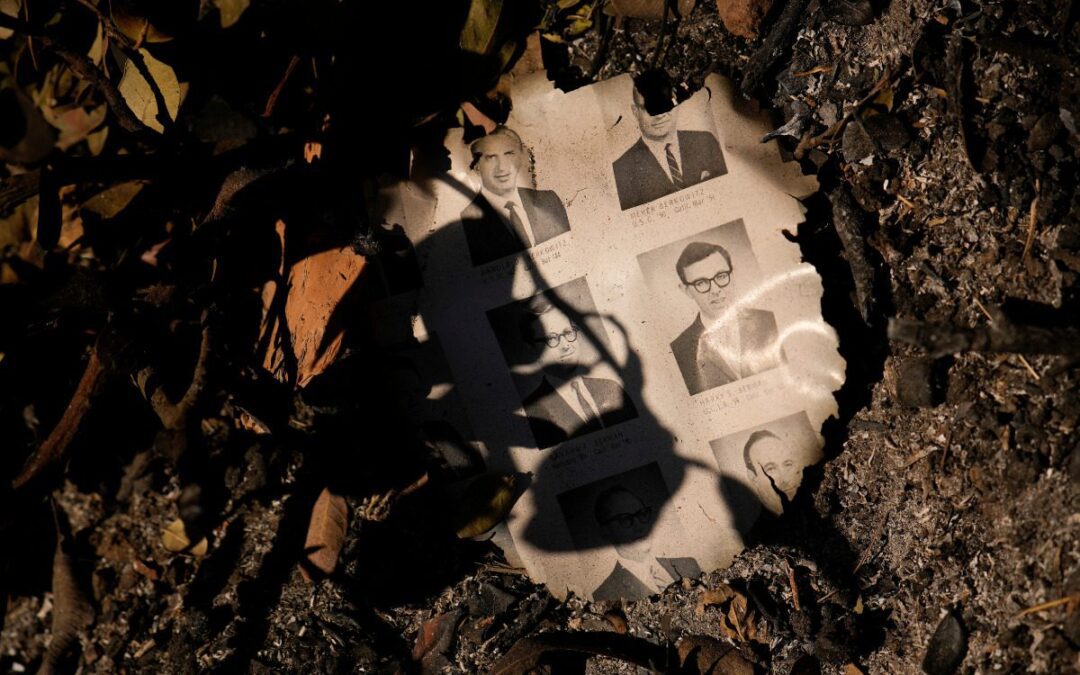
Struggling with your mental health after surviving a disaster? Here’s how to look after yourself
By MARIAM FAM Associated Press There's the initial shock and chaos in a collective disaster like the deadly and destructive California wildfires....
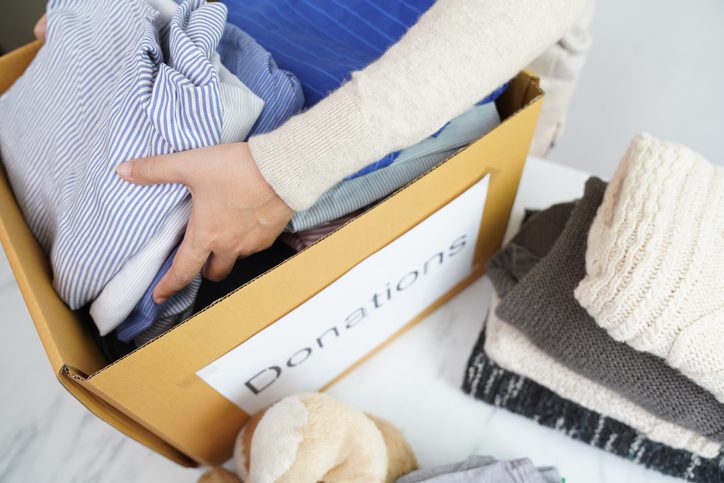
5 places in Florida to donate clothes, shoes, and more
Decluttering your home can provide such a satisfying feeling of accomplishment. After sorting through all of your belongings and determining what...
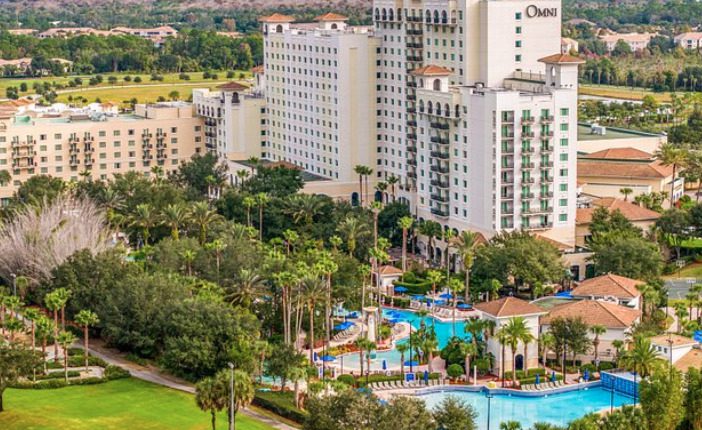
8 Orlando hotels that pack as much fun as the theme parks
With waterslides, family arcades, playgrounds for the kids, and spas for mom and dad, these Orlando hotels will make your vacation unforgettable!...

